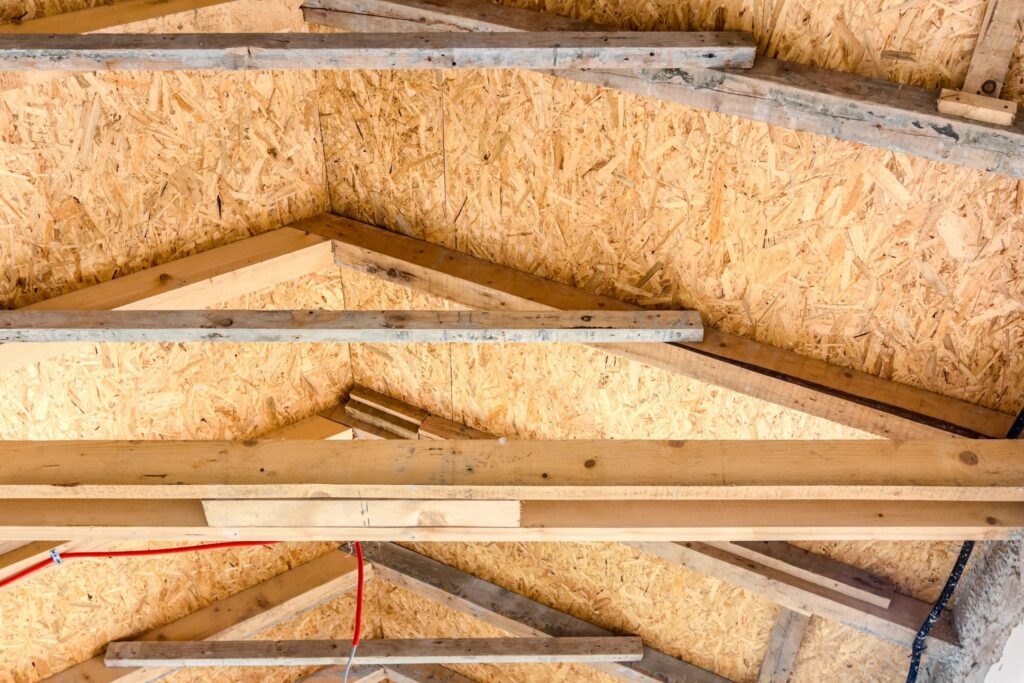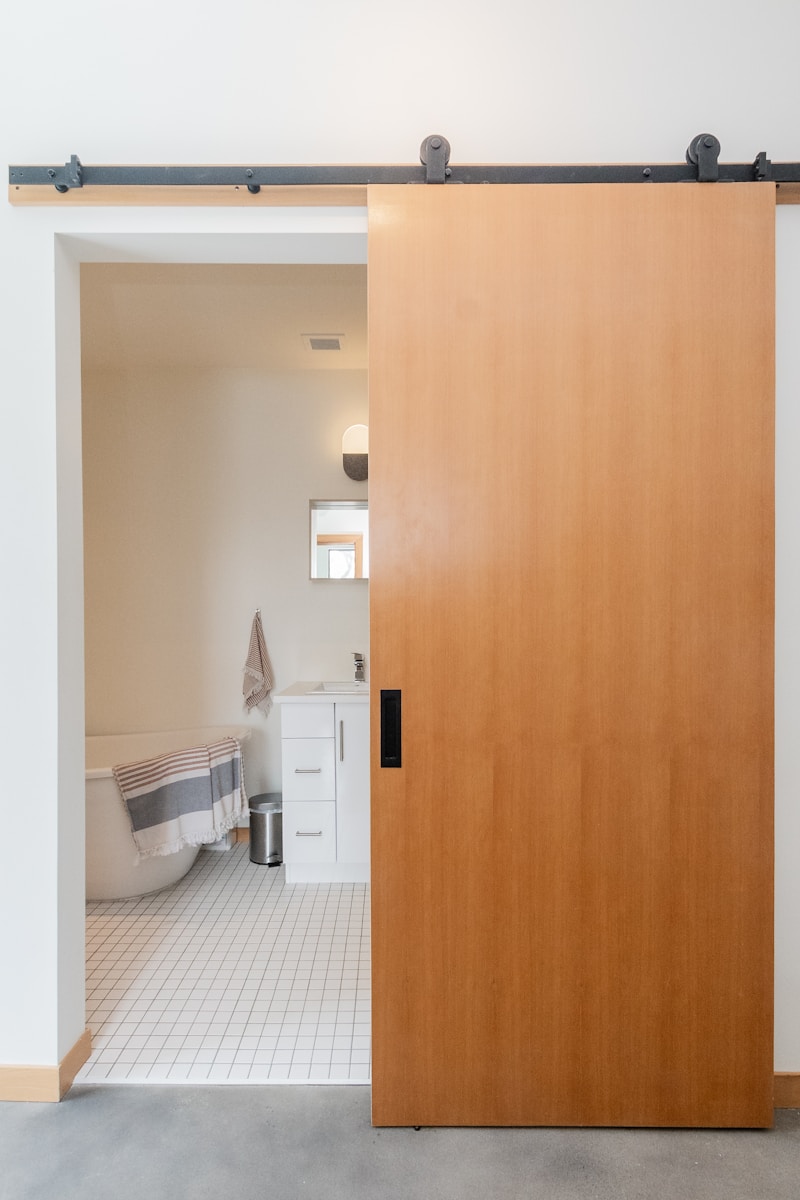If you’re looking for a way to improve your home’s insulation, you should consider spray foam insulation. This type of insulation effectively prevents heat from escaping your home in the winter and keeps it out in the summer. In this blog post, we will discuss some of your home’s best-suited areas for spray foam.

What is Spray Foam Insulation?
Spray foam insulation is a type of polyurethane insulation that is sprayed onto the walls and ceiling of your home during the installation process. When applied, it swells up and forms a robust seal by filling in all the nooks and crannies along the way. This kind of insulation can be utilized for either newly constructed homes or ones that already exist.
The majority of homeowners make use of it because it is an efficient way to cut down on their energy bills and make their homes more comfortable overall. The modest additional outlay of capital required to purchase spray foam insulation will, over the course of several years, be more than offset by the substantial cost reductions that will result from its use.
Common Areas that need Spray Foam Insulation
#1: Attics and Crawl Spaces
Attics and crawl spaces are two of the most common areas that need spray foam. These hard-to-reach places can be difficult to insulate with traditional materials. Still, spray foam is ideal for these types of areas because it can expand and fill in any cracks or gaps. It is also an excellent choice for reducing air infiltration, which can help keep your home cool in the summer and warm in the winter.
#2: Basements
Basements are another great place to use spray foam insulation. By sealing up any cracks or gaps, you can prevent moisture buildup as well as heat transfer from outside the home into your basement. Spray foam will also help improve comfort levels, as it will keep your basement warm in the winter and cool in the summer.
#3: Exterior Walls
One of the most important areas to consider is exterior walls when insulating your home. Spray foam effectively reduces air infiltration, which can help keep the outside air from entering your home. It is also very effective at preventing moisture buildup on exterior walls, which can cause major damage over time if not addressed properly.
#4: Around Windows and Doors
Spray foam can also be used around windows and doors to reduce air leakage. By sealing up any gaps, you can improve your home’s comfort level and save money on energy bills by reducing the amount of heat that escapes through these areas.
#5: Garages
Garages are often overlooked when it comes to insulation, but they can benefit greatly from spray foam. By sealing up any cracks or gaps, you can prevent moisture buildup and reduce energy costs by reducing the amount of heat transfer into your home.
Frequently Asked Questions about Spray Foam Insulation Installation
#1: Is spray foam difficult to install?
The installation process for spray foam is relatively easy. Most homeowners can complete the installation process themselves, but it is also possible to hire a professional to do the job for you, if necessary.
#2: How much does spray foam cost?
The price of spray foam can change depending on the size of your home and the amount of material that will be required to complete the job. It all depends on the area that needs to be insulated, but in general, the cost is going to be higher than it would be for traditional insulation materials.
#3: Does spray foam require any maintenance?
Once installed, spray foam requires minimal maintenance. It should last for several years with no need for replacement or repairs. However, it is important to keep the area around the insulation clean and dry to ensure optimal performance.
Spray foam can be a great way to improve your home’s energy efficiency and reduce your energy costs. By using spray foam in key areas of your home, you can create an effective seal that will keep the outside air out while retaining warm or cool air inside your home. Be sure to consult with an insulation professional like iFoam before undertaking any major insulation projects, as they can help you determine the best course of action for your specific needs.


